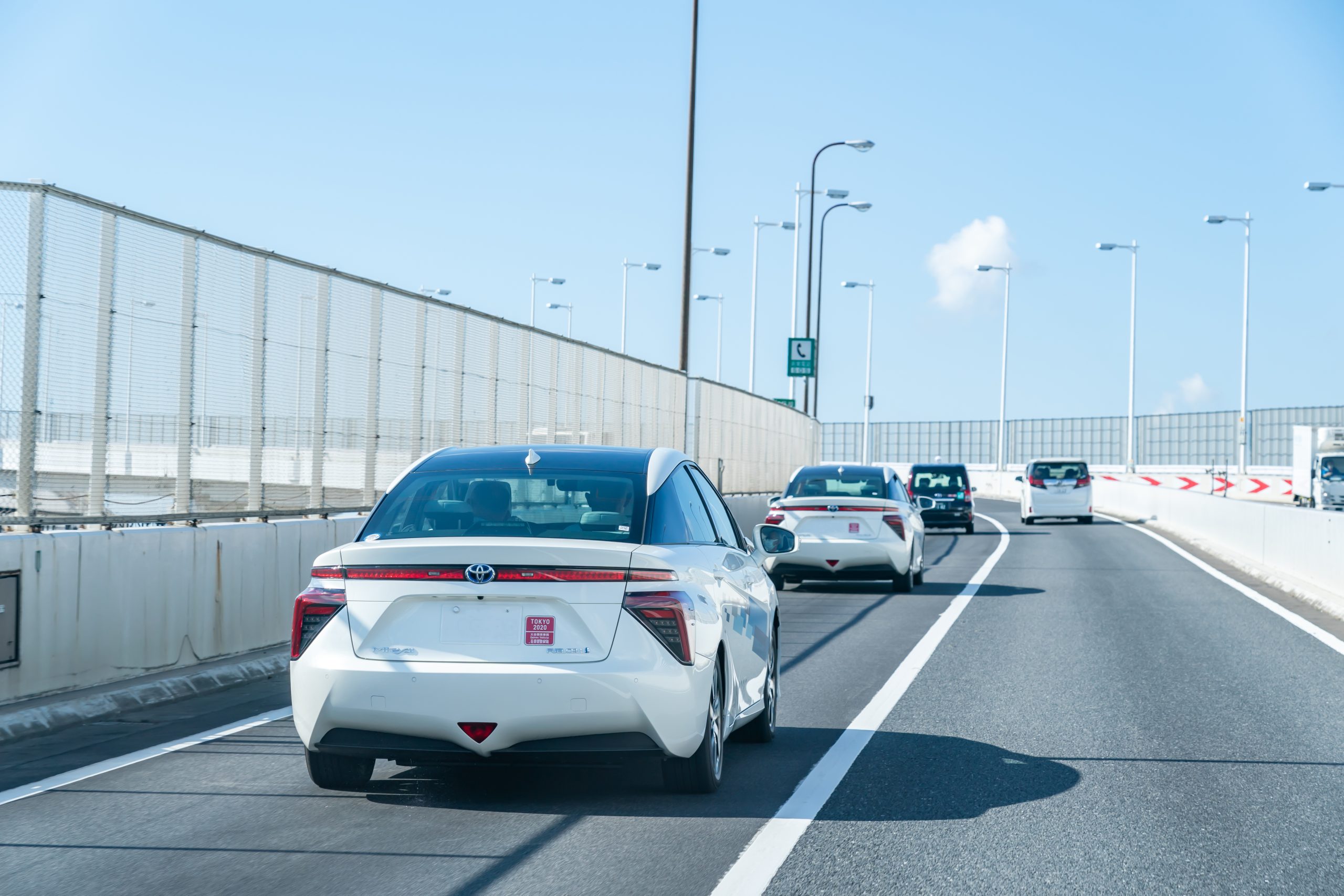BMW and Toyota Collaborate to Launch Fuel Cell Electric Vehicle

The automotive giants are developing next-generation fuel cell systems, advancing hydrogen mobility and infrastructure, launched in 2028.
BMW Group plans to launch its first series production fuel cell electric vehicle (FCEV) in 2028. This is a part of an ongoing collaboration with Toyota Motor Corporation. These two automotive companies are jointly developing a powertrain system for passenger vehicles, maintaining the distinct brand identities of their respective FCEV models.
This significant collaboration builds on BMW’s iX5 Hydrogen pilot fleet, introduced last year and powered by Toyota’s 125kW fuel cells. The new 2028 FCEV models will be integrated into BMW’s existing portfolio, showcasing their shared commitment to hydrogen mobility.
Both BMW and Toyota are urging governments and investors to create a supportive framework that will facilitate the adoption of hydrogen technology, ensuring the economic viability of fuel-cell electric vehicles.
Oliver Zipse, Chairman of the Board of Management at BMW, called this development a “milestone in automotive history,” stating, “The first-ever production fuel cell vehicle series from a global premium manufacturer will highlight how technological progress is shaping the future of mobility, ushering in significant demand for FCEVs.”
Kaji Sato, President of Toyota Motor Corporation, stated the importance of the partnership, “With BMW, we will deepen our collaboration in the joint development of next-generation fuel cell systems and the expansion of infrastructure. Together, we aim to realise a hydrogen society.”
In a related development, Toyota and SinoHytec recently opened a hydrogen fuel cell research and production plant in Beijing, China, which is expected to produce up to 10,000 fuel cell systems annually. This initiative highlights the growing momentum behind hydrogen fuel technology and the shared vision of both companies for a sustainable, hydrogen-powered future.

